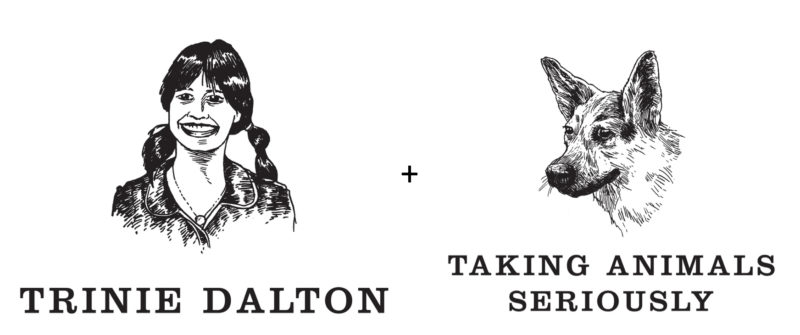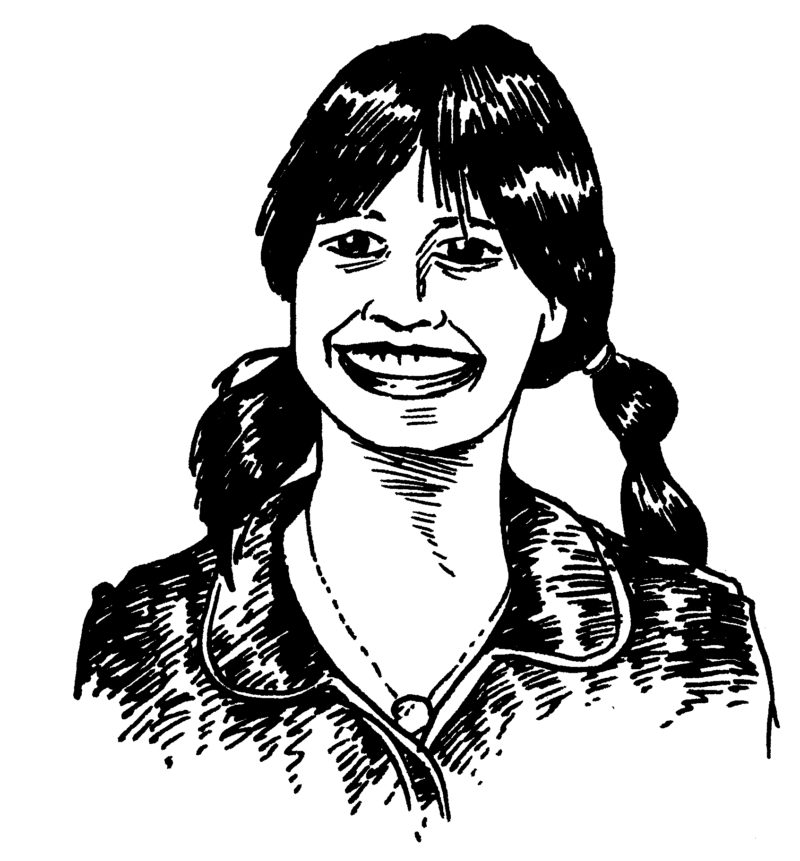
E. L. Doctorow, in the finest essay about The Call of the Wild that I have read so far, laments the disappearance of the “adult animal tale”:
The fact is that today the tradition of the adult animal tale has virtually disappeared; it is less a possible literary expedient in the aftermath of two World Wars, their attendant Modernist ironies, and the rise of Walt Disney. But when Jack London wrote, in the days of Robert Baden-Powell, formulator of the Boy Scout ethos, Americans from Teddy Roosevelt on down took their animals seriously, as American Indians still do, and it was possible for animals to speak for us and live for us instructively as fables of ourselves—with thoughts or without them.
After reading this tragic statement, I decided that one of my main goals as an author would be to revive this tradition. The fact that J. R. Ackerley published, in 1956, his memoir My Dog Tulip—a book devoted exclusively to dog worship—gave me hope that still there are authors challenging the notion that animals are beneath us. As I struggle to give animals genuine voices in my fiction writing, I find that developing their sexuality, or highlighting their sex appeal, helps to flesh them out as characters. I learned this from Ackerley, who describes Tulip, his Alsatian bitch, with Lolita-esque accuracy:
Dark markings symmetrically divide up her face into zones of pale pastel colors, like a mosaic, or a stained-glass window; her skull, bisected by the thread, is two primrose pools, the center of her face light gray, the bridge of her nose above the long, black lips fawn, her cheeks white, and upon each a patte de mouche has been tastefully set.
Animals are sexual talismans and aphrodisiacs. I’m no pervert. But I realize that animals appeal to our sensate selves with their tactile features and wild demeanors. A purring cat is sexier to me than a man doused in cheap cologne, but I don’t want to have sex with either of them. The best animal literature shows not only how deeply animals and humans can bond, but also that animals are sexy because they rekindle our carnal desires.
I defend this opinion among friends who say that animals are capable of arousing you only if you admit that humans are animals. If one takes comfort in the idea of being a member of the animal kingdom, then it’s no great leap to see how another species can be one’s mirror, providing license to think and feel thoughts that could be construed as deviant. I feel glad that I’m capable of translating the fun that I see puppies having in the grass into the fun that I can have in bed with a person.
I wonder if the loss of freedom that Doctorow laments doesn’t essentially represent sexual freedom as well. The freedom to take one’s animals seriously, he says, without being mocked by ironic critics, psychoanalysts, and philosophers, without being accused of perversion, and without being called a simpleton (e.g. the Disney cartoon lover, a caricature of oneself, or one who lives in a fairy-tale world) for finding more satisfaction in communing with animals than with humans? As I struggle to eradicate irony from my Modernist lifestyle, I find my major motivation is a desire to enjoy irony-free sex, as a way of rejecting any unrealistic notions of body image or sexual conduct I’ve absorbed through media. I’ve been taught that I should be embarrassed about nearly everything, and that to participate in urban culture with a certain degree of popularity, I have to buy my way out of embarrassment with a gym membership, overpriced salads at gourmet restaurants, and designer clothing. Perhaps finding a rougher creature sexy, a dog, for example, is my pathetic way of wishing that I could be desirable without worrying about style. Or it’s my escapist approach to politics. What if men just came up to me and sniffed my butt?
*
A couple years ago, at the Antelope Valley Fair Goat Judging Competition, I became so obsessed by pygmy goats that tears welled up in my eyes when it came time for me to leave. I spent a whole afternoon talking to pygmy-goat owners, buying yarn spun from goat fur, tasting various chèvres, petting goats, and learning about their specialty breeds like the Nigerian Dwarf. I didn’t want to go home without a goat in the back of our Jeep. My dog would cherish a goat friend, I thought. He likes our cat, but he’d really like a goat. He’d like a llama too, and some sheep, while we’re at it. The farm in my mind elaborated itself. City Slicker Yearns for the Pastoral, my headline read. But I meant it; I still envision my future with goats, sheep, dogs, cats, chickens, llamas, rabbits, ducks, bees, and wild critters who will visit my dwelling seasonally or when desiring food. I’d like to live near a pond in order to adopt beavers.
But Irony’s booming voice chimed in: Everyone wants what they can’t have. You don’t know the first thing about beekeeping, goat herding, and llama shaving. Don’t you want pets just because you saw, in the film, bluebirds singing to Snow White? If you buy the farm, you’ll be just like those lousy Hollywood producers who commute, in Hummers, to L.A. from their Montana ranches. Every thought you have, even those that provide you sexual stimulation, were planted in your mind by something you saw or read. Little House on the Prairie is so ’80s.
Doctorow is right; everything has been done. It’s Paradise Lost. But what Doctorow says makes our present position on the Loss of Innocence Scale seem outright lame. Every action can be seen as a statement, an ironic counteraction against something else. If I leave the city for a life with animals, I’ll be making a stylistic choice. Being a farmer is currently fashionable. Didn’t I see Kate Moss modeling overalls in Vogue? How can anyone be sincere? When I used to teach high school literature, and hosted classrooms full of sophisticated teens dressed impeccably and talking on cell phones, I’d ask them, Don’t you know that you’re kids? That you can be total dorks, play in the mud, and have fun? I wanted to bring my dog to class, because people, and kids especially, often become less self-conscious in the presence of animals.
Shedding self-consciousness, relinquishing control, sacrificing those comforts that symbolize Civilization, that’s the call of the wild. I may not so easily be able to heed the call these days, from my house in Los Angeles, but I can certainly argue that it’s important to remember it. I sit at home with my pets, promising them that one day we’ll be tending the pasture together, content for now to pay my regards to them in writing, and to all the other beasts who have stirred within me passions that I thought long gone.
And that he should be stirred by it marked the completeness with which he harked back through the ages of fire and roof to the raw beginnings of life in the howling ages.
—Jack London





